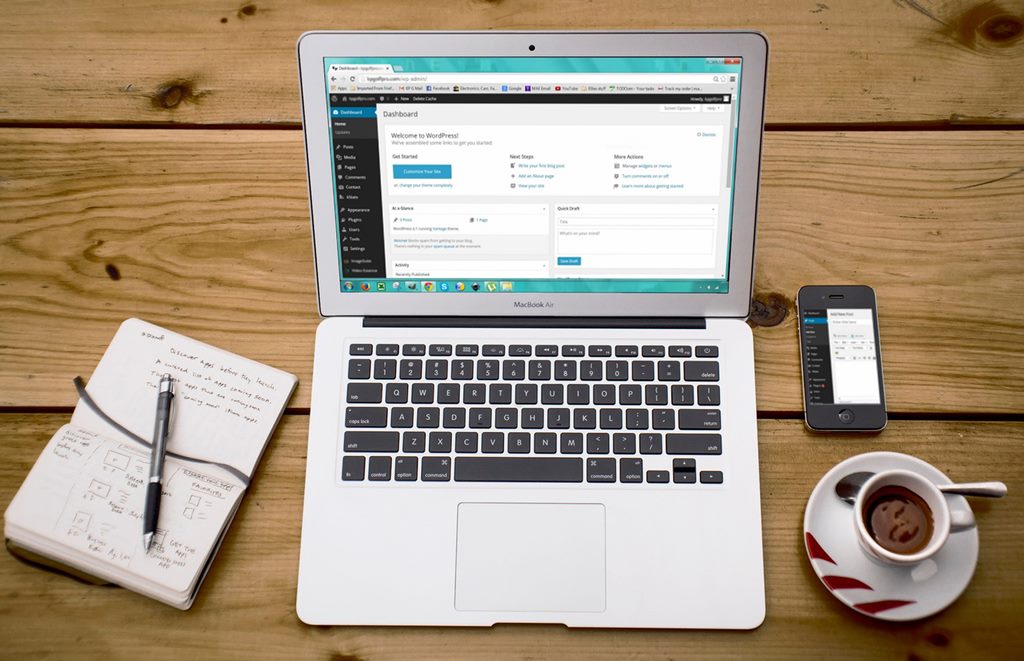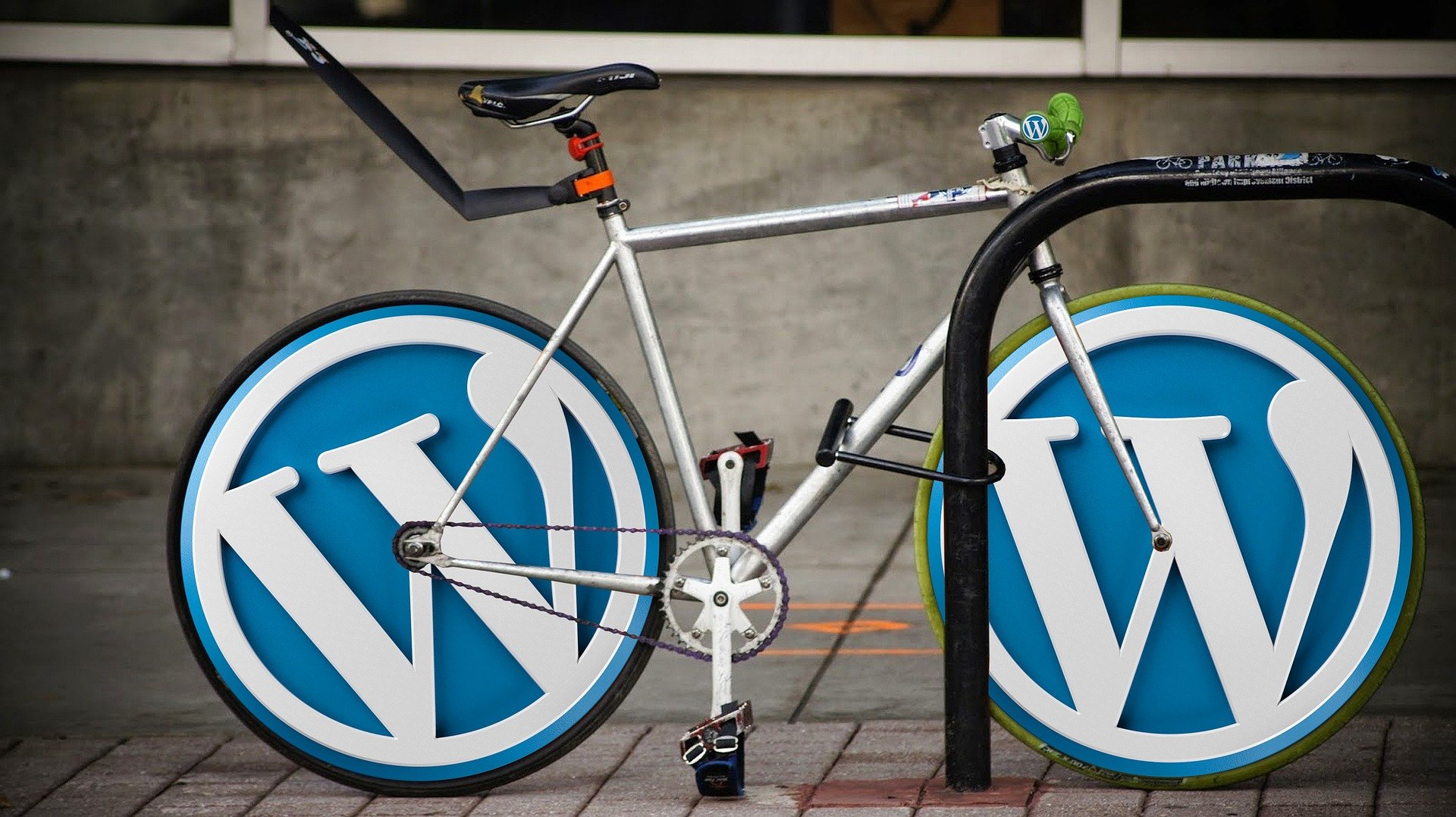You may know that a fast website benefits your business, but you may not know why. Members of modern society want things to be bigger, better and faster. You must provide to keep up.
You can do a lot for your website by being listed on Google. However, it’s important to include original content. The key is to maintain your website (always update). Can you advertise it on social networks or through social media marketing? It doesn’t matter if your website’s pages take too long to load.
Why you should be interested in the speed of your website?
Google searches, page views and traffic are all affected by the speed of your website. Research suggests that speed affects traffic, SEO, user satisfaction, page views, and many other fundamental aspects of a successful website (cite some of the research). Internet users tend to be impatient in general.
Everything is affected by speed.
Did you know that every single metric you track is affected by the speed of your website? From your bounce rate to your conversions, everything depends on the speed of your website. It’s vital to maintain a fast website, or your metrics will suffer.
- Visitors are not very patient
In today’s world, website visitors are not very patient. Every 100 microsecond your website takes to load, you lose 1% in potential sales (if you can, find and quote the research article that said this). If your website takes a second longer to load than it should, this can lead to a significant loss.
- SEO depends on speed
If your website speed score is less than 80/100 with Google, you will not rank as highly in Google search results as you potentially could. This is especially true if you’re competing with a good SEO and fast load times. You could be missing out on plenty of traffic. You can use the Google PageSpeed Insights tool to find out how your website scores. This tool will also list potential flaws you can fix to speed up your website.
- Conversions drop with a slow site
If your website takes too long to load, you will lose conversions. Any visitor that has to wait for more than just a second or two, may leave and click on the next search result. This will give you a higher bounce rate.
- A faster website means lower bounce rate
Another very important factor in your SEO is your bounce rate. Bounce rate is the frequency in which people visit your website and immediately leave. This negatively affects your SEO. With a faster site, you won’t have to worry about people leaving because they don’t want to wait. You can use the Google tool (what Google tool?) to facilitate the process. Finally, check your hosting; it might be the cause for your low load times.
What slows down your website?
- Unoptimized images
A large volume of unoptimized images can slow down your website’s loading speed. This is because full-sized images can consume a lot of bandwidth while loading. First of all, take the time to resize your images. You can set the height and width of a picture with the image’s tag. Second, be sure to scale the photos proportionally so that they don’t get stretched or skewed. Finally, change the image format to a smaller file type that your website can efficiently handle. If necessary, reduce image quality.
- Too much Flash
Flash can seriously slow down your website. This program does not work well with mobile devices. In other words, you lose visitors. Avoid using Flash when creating websites.
- Bulky code
An inefficient or bulky code can create major roadblocks for your website. Many CSS coders may include white space in order to make pages more readable. The problem is, much of this white space can be eliminated while still maintaining readability. Avoid using an excessive amount of white space.
- External embedded media
External media usage can significantly slow down your website load time. In other words, avoid using redundant videos and links on your website. When you use external material, your pages will only run as fast as the host website.



